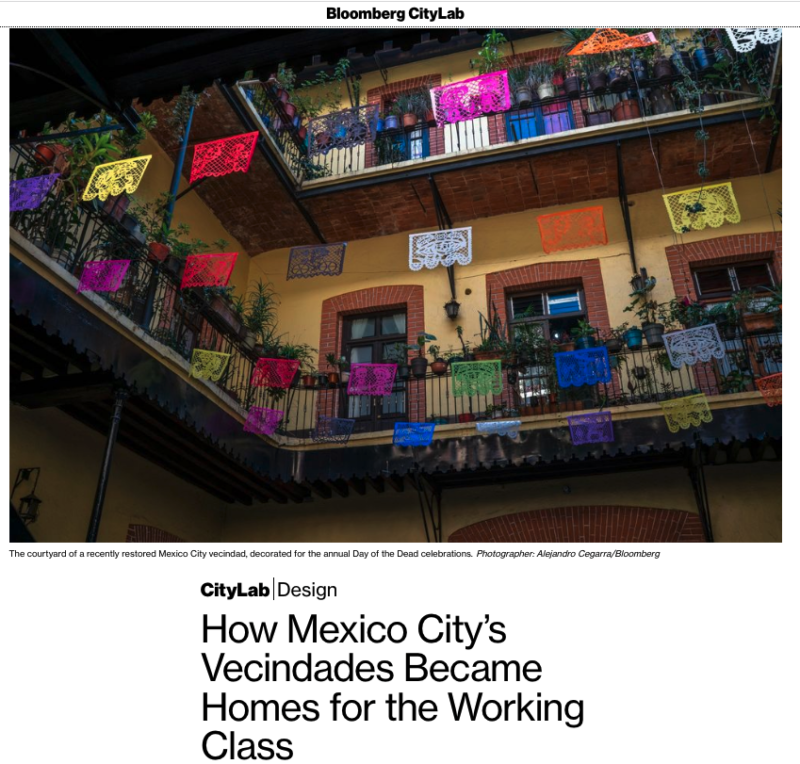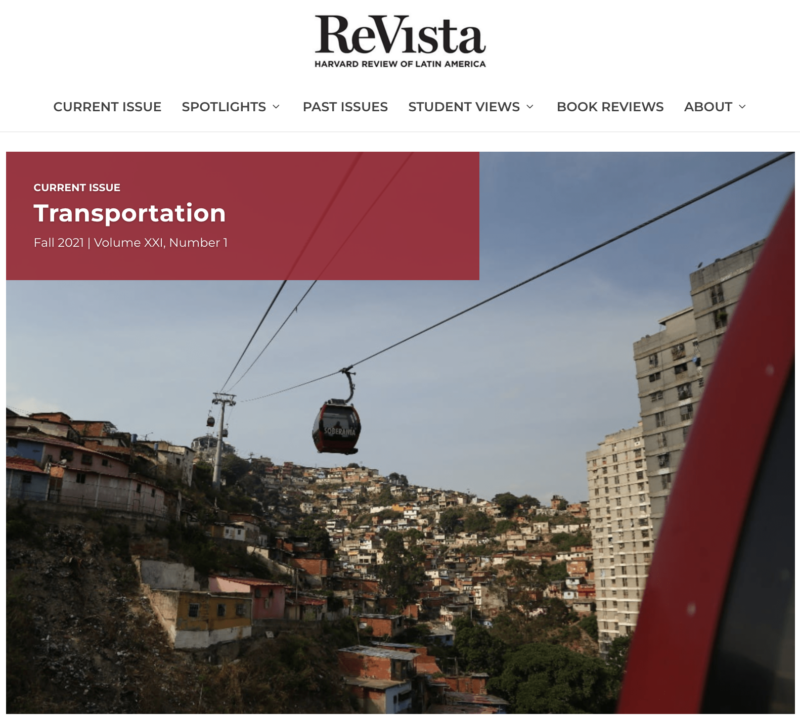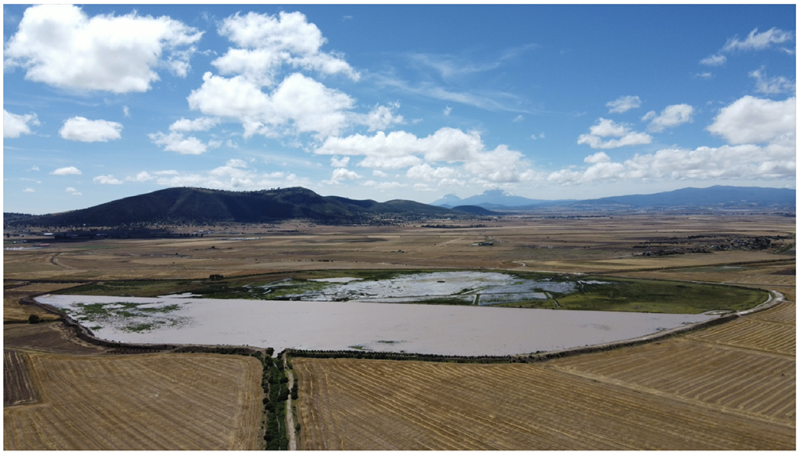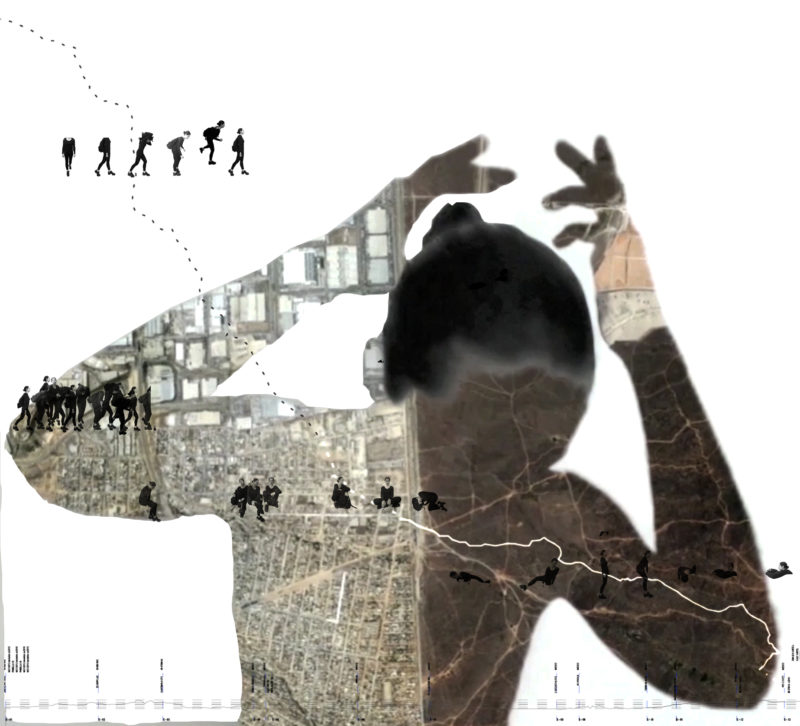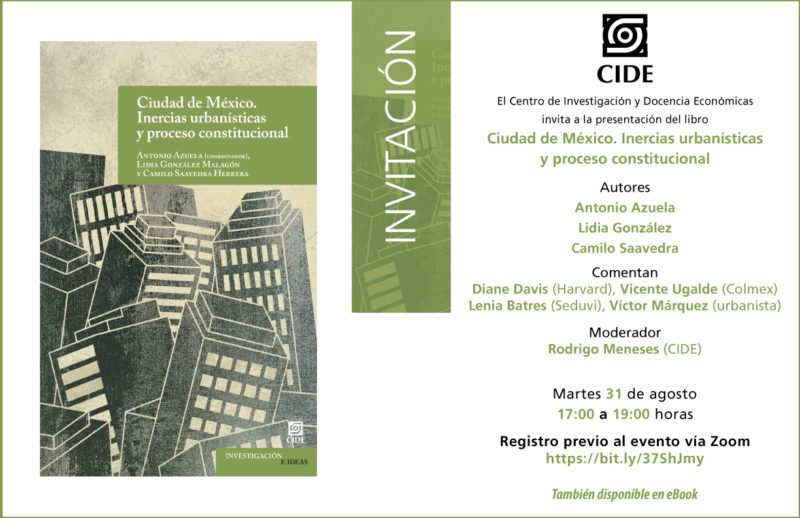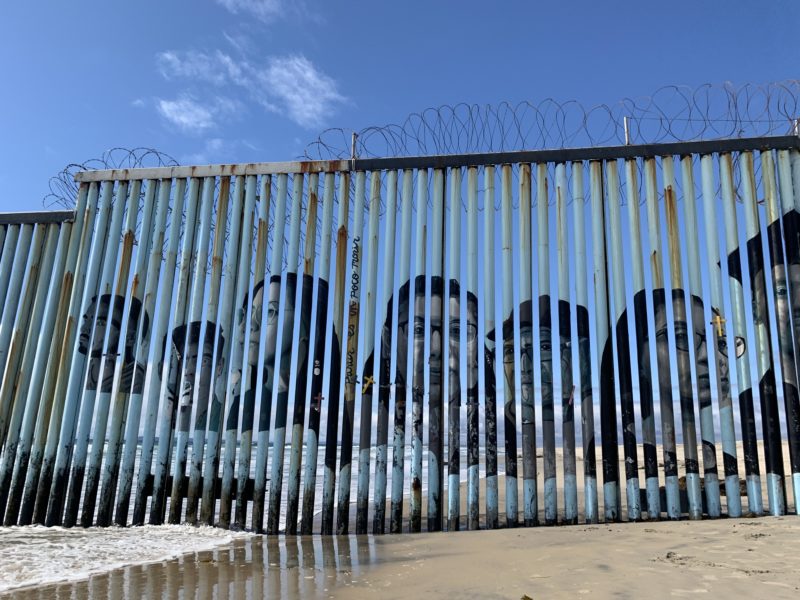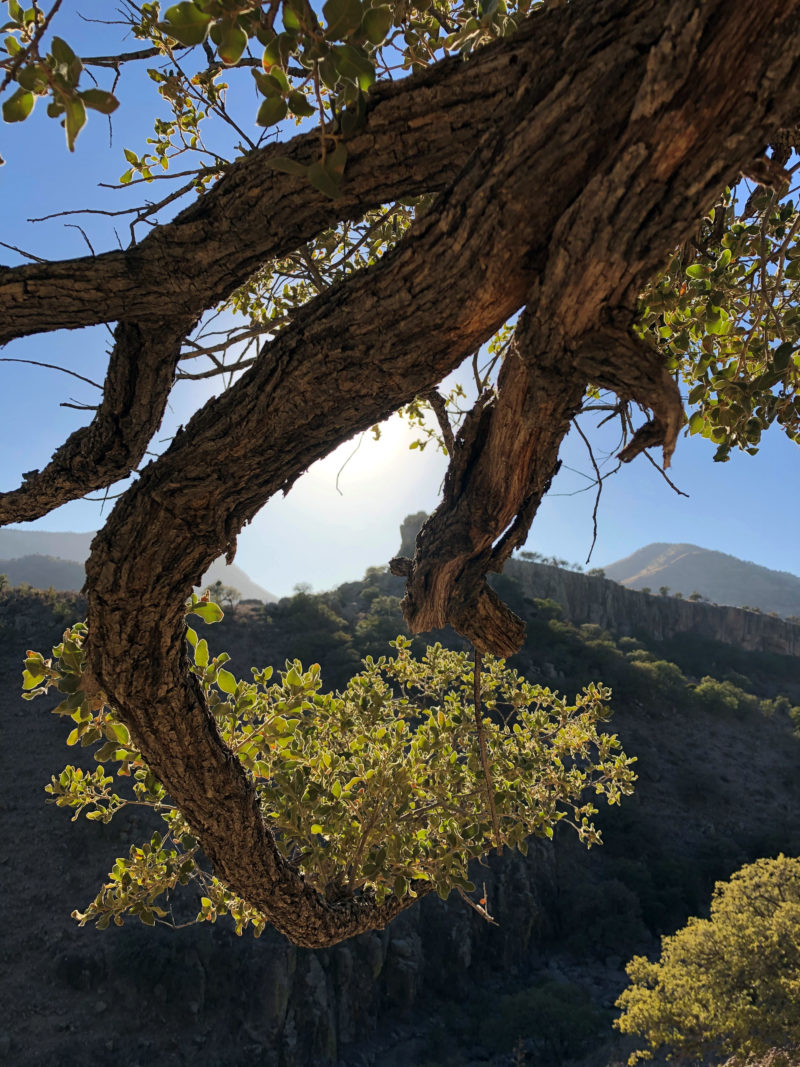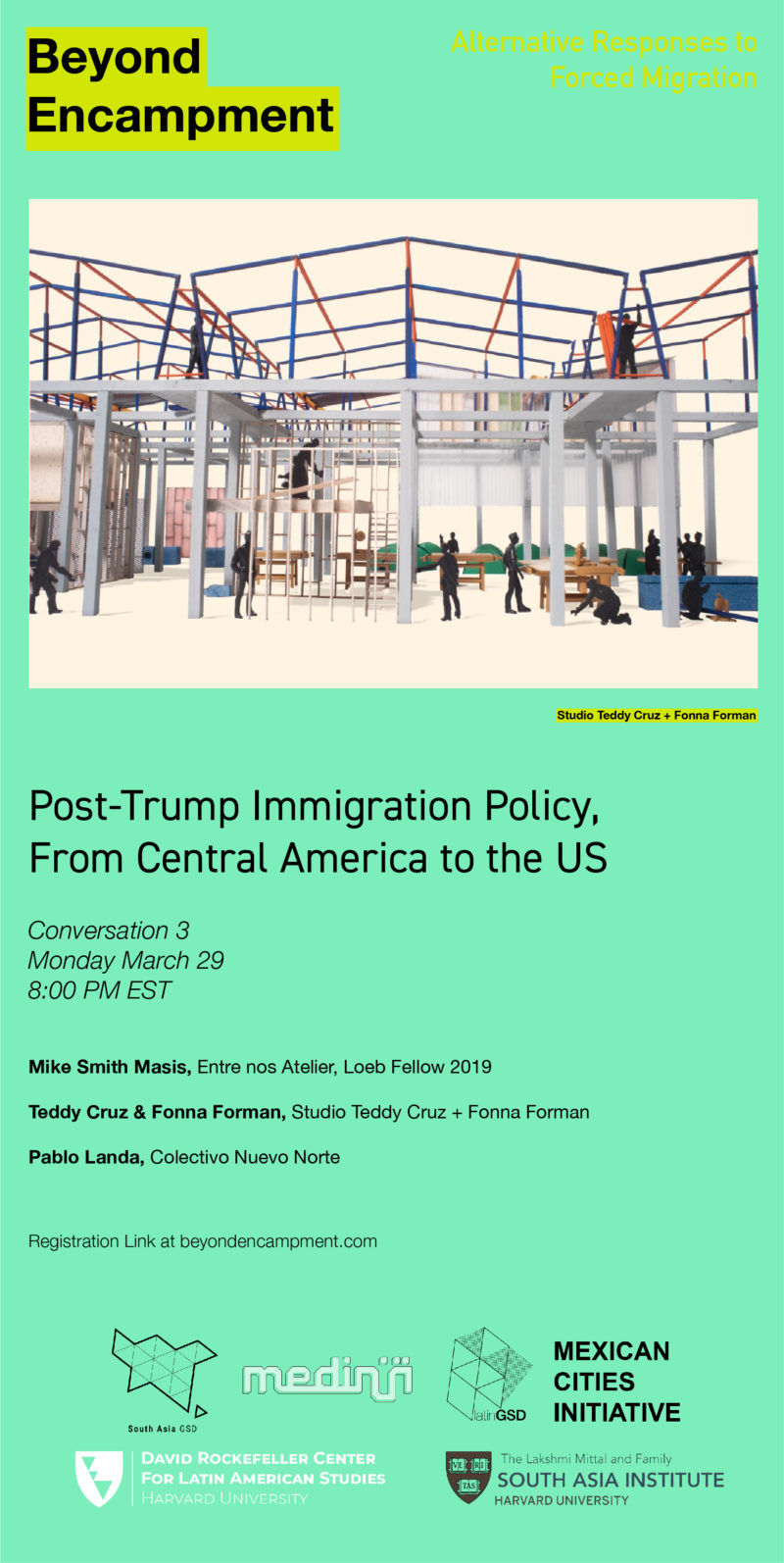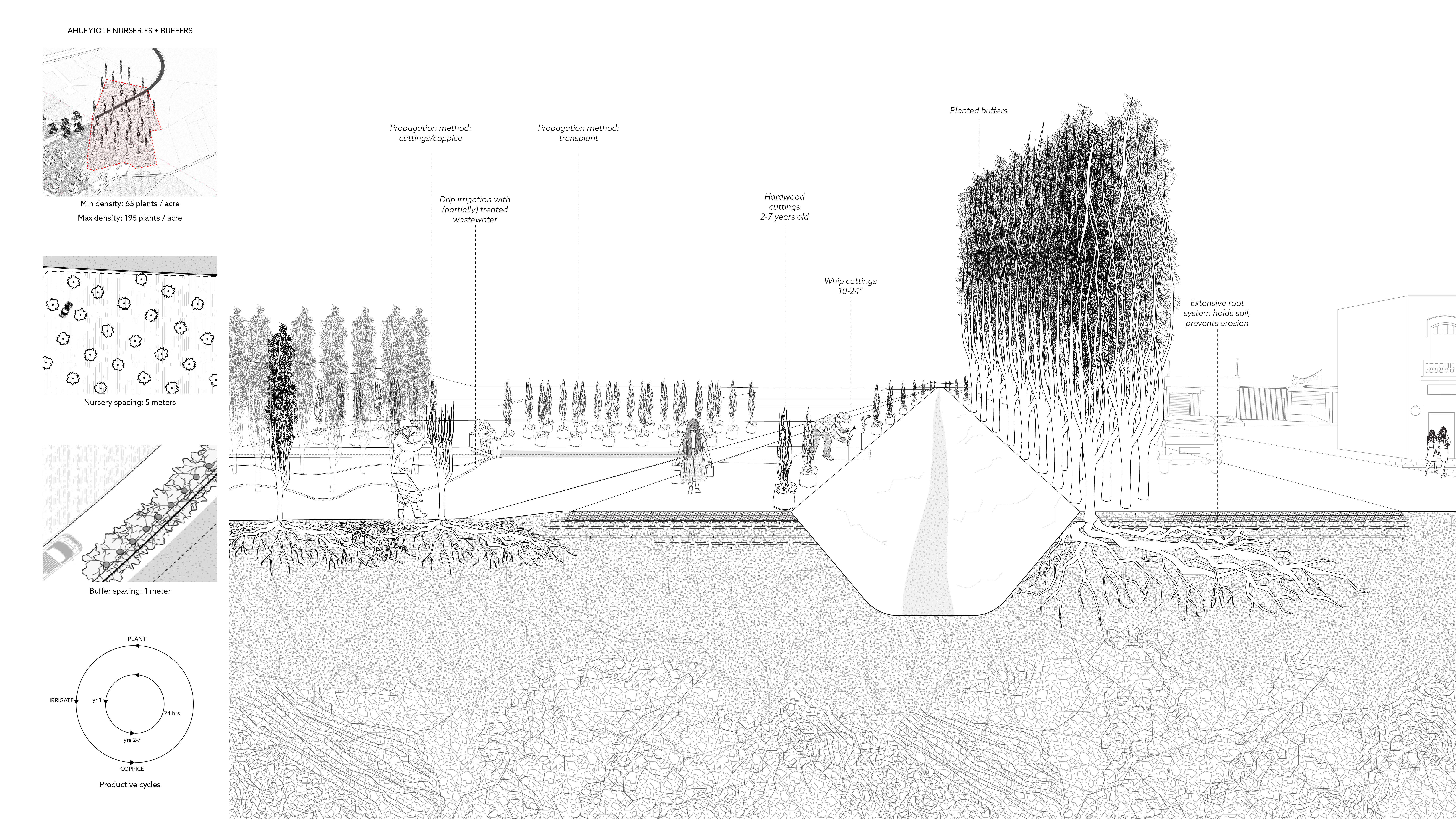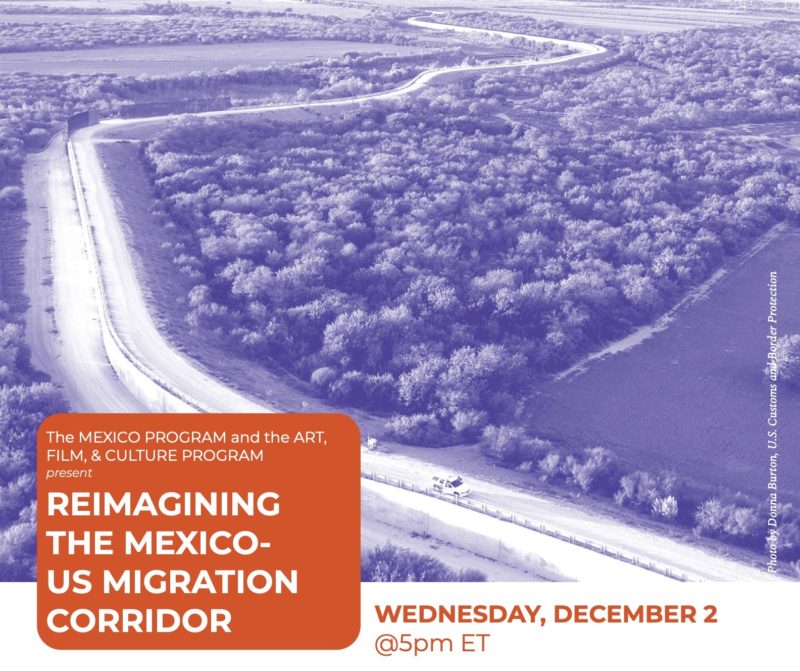Diane E. Davis is the Charles Dyer Norton Professor of Regional Planning and Urbanism at Harvard’s Graduate School of Design (GSD). Jose Castillo, former GSD instructor, is a practicing architect & urban planner living and working in Mexico City. Dr. Diane Davis, Director of the Mexican Cities Initiative (MCI), and long-time MCI collaborator José Castillo, were interviewed for Bloomberg CityLab’s article How Mexico City’s Vecindades Became Homes for the Working Class. In it, they discuss CDMX’s urban history, focusing on changes to the city’s lived and built geographies. The article can be accessed here
Blog
Transportation │ Fall 2021 │ Volume XXI, Number 1 On December 7, 2021, DRCLAS’ ReVista: Harvard Review of Latin America launched its Fall 2021 magazine issue on transportation. The publication can be accessed here. Dr. Diane Davis moderated the event’s opening conversation between the magazine’s authors. The issue features several pieces on transportation in Mexico written by scholars and practitioners that collaborate with the Mexican Cities Initiative. It includes, among others, articles from: Roberto Aguerrebere, former Managing Director, Mexican Transportation Institute; Carolyn Angius, Urban planner based in Los Angeles, California and GSD Graduate; Bernardo Baranda Sepúlveda, Professor, Master Program […]
Samuel Tabory is a PhD student in urban planning at the Harvard Graduate School of Design. He studies the governance and negotiation of urban-regional systems transitions, paying attention to questions of scale, infrastructure, and boundary. Trained both as a planner and a Latin Americanist, comparative and global perspectives inform his work. Researchers from the GSD, in collaboration with eeTestudio of Mexico City and a team of Mexico-based technical experts and researchers, are working with ejidatarios and governments in Hidalgo state, in an area known as the Apan Plains, to explore pathways for urban-rural systems transformation. The project focuses on forging opportunities for contemporary […]
Border Choreographies: Identity, Body, and Personhood Borders are dynamic and complex systems. This research examines the procedure of crossing an international border by a human being. The main objective is to delineate how a body is addressed, controlled, and deconstructed when crossing a political boundary. It also explores the subjectivity of the border beyond its material conception and imagines a political line in its human dimension. By using existing data on crime, landscape, transport, solidarity networks, technology, testimonies, and photographs, these diagrams replace traditional western maps in order to reveal the true journey of immigrants from one state to another […]
Dr. Diane Davis, Charles Dyer Norton Professor of Regional Planning and Urbanism at Harvard and director of the Mexican Cities Initiative, participated in a discussion about the book Ciudad de México. Inercias urbanísticas y proceso constitucional (CIDE Press, 2019). In the book, authors Antonio Azuela, Lidia González Malagón, and Camilo Saavedra Herrera discuss Mexico City’s 2017 constitution and the public debates surrounding it. They pay close attention to the legal, political, and territorial conditions leading to the new constitution and to urban conflicts surrounding its development. During the discussion, hosted by CIDE and moderated by Rodrigo Meneses, Dr. Azuela explained […]
Feike de Jong is a Mexico City-based journalist, author, artist, and photographer focusing on urban spaces. He has written for the Guardian, Bloomberg Citylab, Monocle, Fortune International, Expansión, Arquine, and the NRC Handelsblad among others. He has done projects walking around the edges of the Greater Mexico City Area, Kigali, Rwanda, and the San Diego-Tijuana Borderplex. He has also collaborated with organizations such as the Universidad Nacional Autónoma de México (UNAM), the Rufino Tamayo Museum, the Universidad Autónoma Metropolitana (UAM), York University in Toronto, and Ogino Knauss in Berlin. In 2010, Feike won the Walter Reuter prize for journalism for […]
In three brief takes, Roberto Ransom reflects on his 2020 Master in Landscape Architecture thesis, advised by Gareth Doherty at the Harvard GSD. “If we stop running, the world ceases to exist.” Arnulfo Quimare. A champion long-distance runner, on the cosmology of his people, the Tarahumara or Rarámuri. — I. Foreword The thesis explores the indigenous Tarahumara practice of long-distance running. My intuition was that this practice would be an entry point for navigating issues of conservation, […]
The Mexican Cities Initiative is co-hosting a conversation with a group of designers working to re-conceive global migratory structures. The event’s organizers share more information below. — Beyond Encampment is a series of conversations reflecting on design professionals’ efforts who work to change the paradigm of enclosure, and who practice models of urban integration and refugee resettlement through design activism. Rather than replicating large-scale encampment failures and the reactionary method of policing migration, we must proactively re-conceive forms of settlement at the terminus of forced migration and redesign the spatial plan and frameworks of refuge. For the third […]
Introduction by Montserrat Bonvehi, Lecturer in Landscape Architecture at Harvard’s Graduate School of Design, and Seth Denizen, Kiley Teaching Fellow in Landscape Architecture at Harvard’s Graduate School of Design Almost 200,000 acres of land in the fertile Mezquital Valley are irrigated with the untreated sewage of Mexico City. Rainwater, urban runoff, industrial effluent, and sewage in Mexico City is sent to the Mezquital Valley through a 60-kilometer pipe. Soils in this valley have been continuously irrigated with urban wastewater since 1901, longer than any other soil in the world. The capacity of these soils to produce conditions in which agriculture […]
Tatiana Bilbao is a Mexico City-based Architect and Founder & Director of Tatiana Bilbao Estudio. Carolina Sepúlveda is a Chilean architect and researcher. She recently graduated from Harvard’s Master’s in Design Studies (MDes ADPD ‘20) program at the Graduate School of Design. Moderated by: Malkit Shoshan, Art, Design and the Public Domain Area Head, Graduate School of Design. In the December 2, 2020 panel, hosted by Harvard’s David Rockefeller Center for Latin American Studies and the Graduate School of Design MDes program in Art, Design, and the Public Domain, Carolina and Tatiana discussed the urban transformations occurring across Mexico and […]
